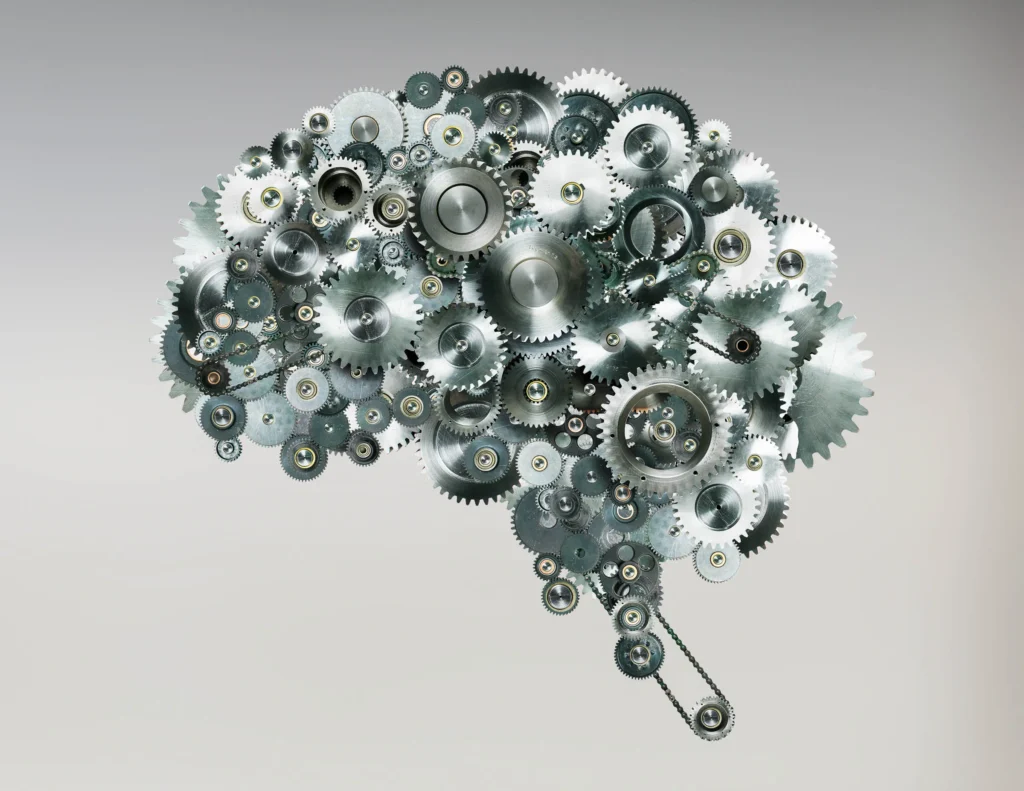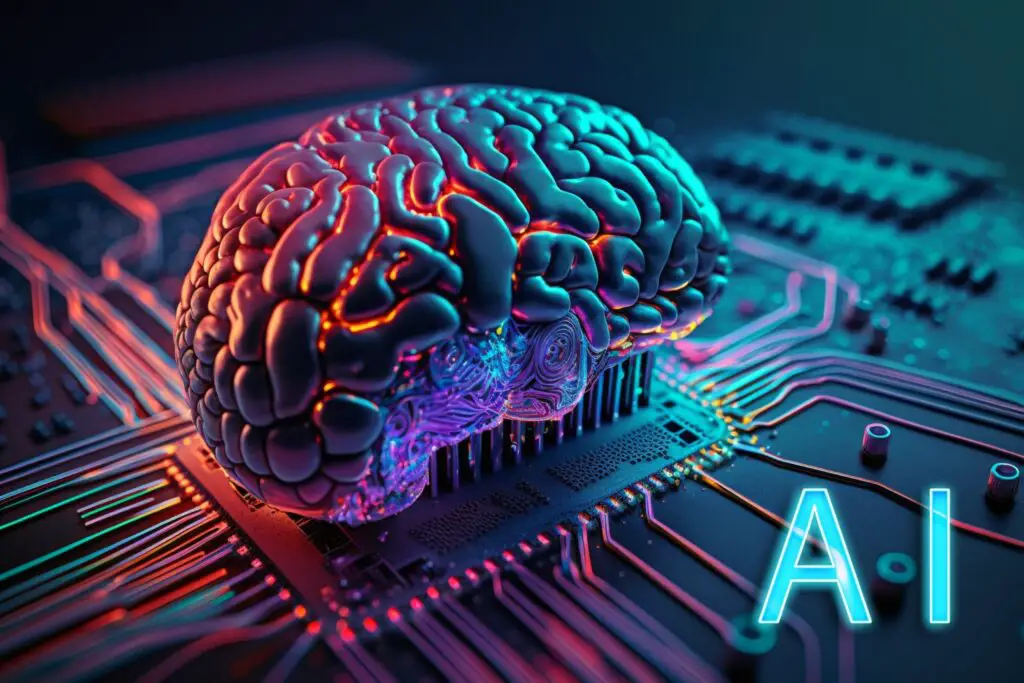Artificial Intelligence (AI) has rapidly evolved from a niche field to a transformative force reshaping industries and societies worldwide. As AI continues to advance at an unprecedented pace, it’s crucial to explore the emerging trends and make informed predictions about its future.

Key Trends Shaping the Future of AI
- Generative AI: One of the most exciting developments in AI is the rise of generative models. These models can create original content, such as text, images, and even music, based on the patterns they learn from vast datasets. This technology has applications in various fields, including art, design, and content creation.
- AI in Healthcare: AI is revolutionizing healthcare by improving diagnosis, treatment, and drug discovery. From analyzing medical images to developing personalized treatment plans, AI has the potential to enhance patient outcomes and reduce healthcare costs.
- AI for Climate Change: Addressing climate change is a global challenge, and AI can play a crucial role in developing sustainable solutions. AI-powered technologies can optimize energy consumption, improve agricultural practices, and monitor environmental changes.
- Ethical Considerations: As AI becomes more powerful, ethical concerns are increasingly important. Issues such as bias, privacy, and job displacement must be addressed to ensure that AI is developed and used responsibly.
Predictions for the Future of AI
- Increased Automation: AI-powered automation will continue to penetrate various industries, leading to job displacement in some areas but creating new opportunities in others. As automation becomes more sophisticated, it will free up human workers to focus on higher-level tasks.
- AI and Human Collaboration: Rather than replacing humans, AI will likely complement human capabilities. By working together, humans and AI can achieve more than either could alone. This collaboration will be particularly important in fields that require creativity, judgment, and empathy.
- Advancements in AI Research: Research in AI will continue to push the boundaries of what is possible. Areas such as deep learning, reinforcement learning, and natural language processing will see significant advancements. These breakthroughs will enable AI systems to perform more complex tasks and solve increasingly challenging problems.
- Global AI Governance: As AI becomes more pervasive, the need for international cooperation and governance will become more pressing. Establishing global standards and guidelines will help ensure that AI is developed and used in a way that benefits society as a whole.
The future of AI is filled with both promise and challenges. By understanding the key trends and making informed predictions, we can shape the development of AI in a way that maximizes its benefits and mitigates its risks. As AI continues to evolve, it is essential to approach its development with a sense of responsibility and a commitment to ethical principles.






